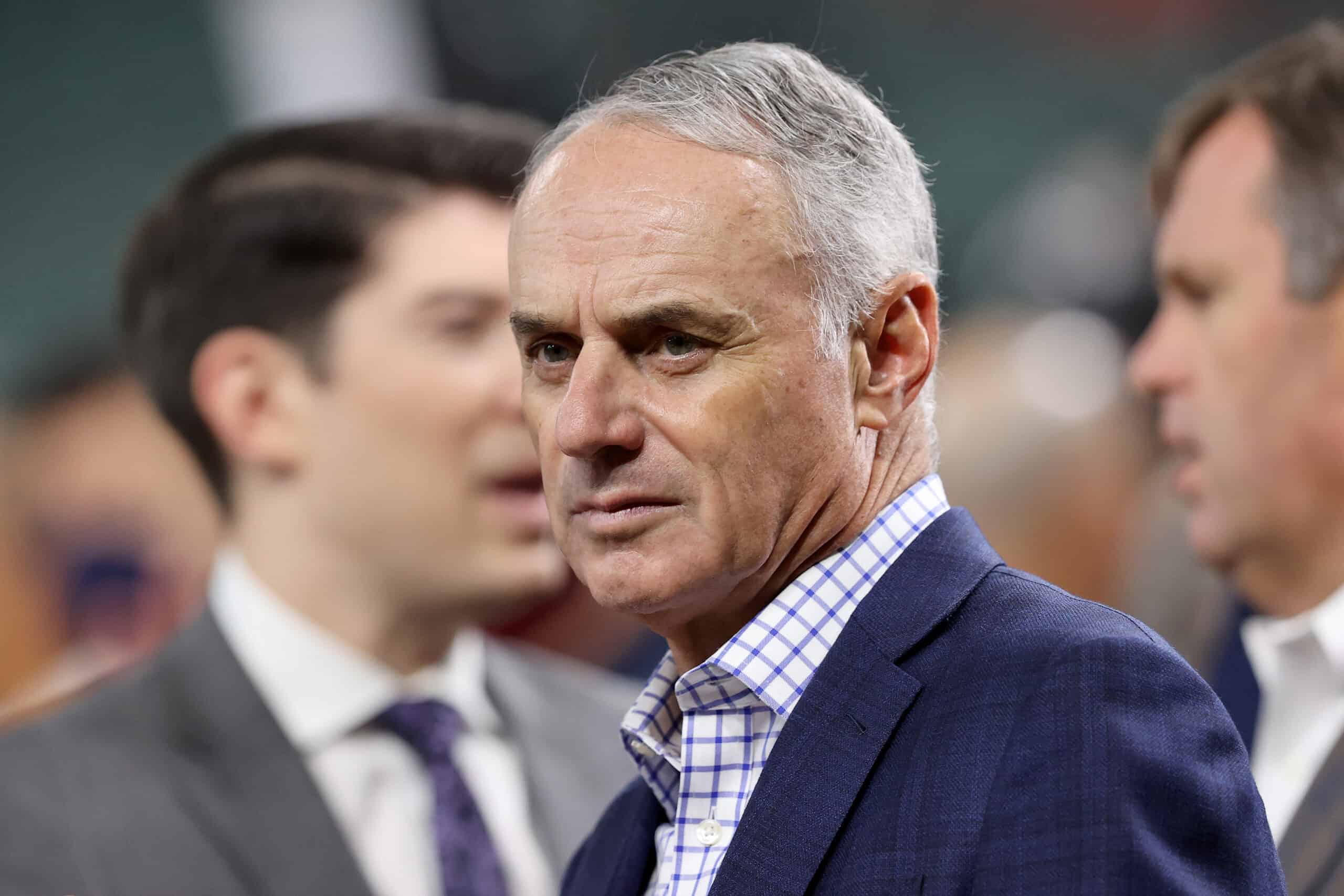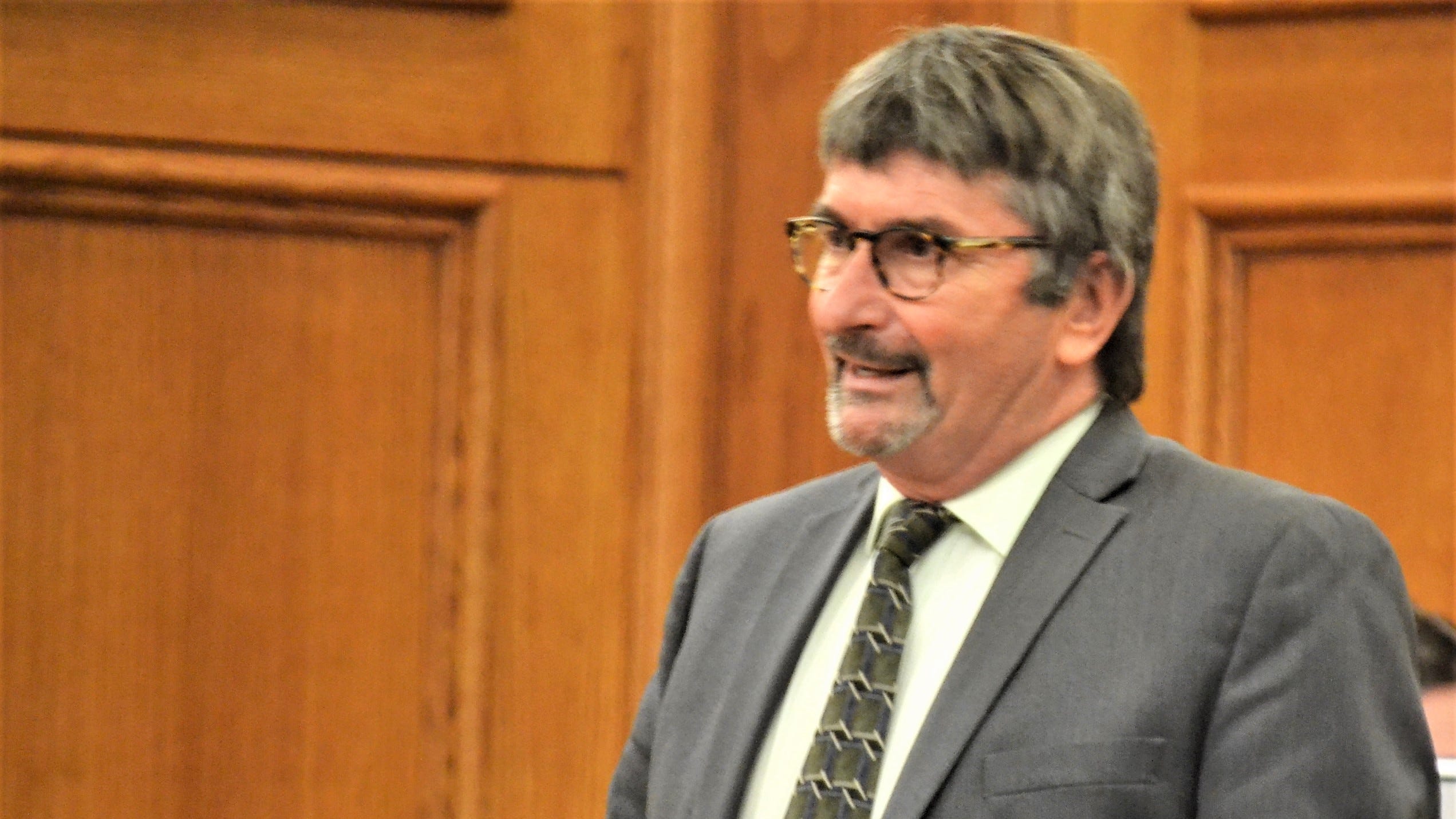Understanding Trump's Anti-University Stance: Tracing It Back To One Incident

Table of Contents
The Central Incident: The 1987 Central Park Five Case
The Central Park Five case involved the wrongful conviction of five teenagers—Antron McCray, Kevin Richardson, Yusef Salaam, Raymond Santana, and Korey Wise—for the assault and rape of a female jogger in Central Park. The case ignited a media firestorm, fueled by sensationalist reporting and public outcry. Donald Trump, then a prominent real estate developer, actively participated in escalating the public frenzy. He took out full-page advertisements in several major newspapers calling for the reinstatement of the death penalty in New York and explicitly demanding the execution of the five accused teenagers.
Trump's public statements at the time were unambiguous and inflammatory. He declared, "[T]hese young people are guilty," and called for their swift punishment. This demonstrates a disregard for due process and a willingness to condemn individuals based on media narratives rather than judicial findings. The teenagers were ultimately exonerated in 2002 after another individual confessed to the crime and DNA evidence proved their innocence.
This event, however, had a profound impact on Trump's later views. His actions suggest a deep distrust in the legal system and the institutions associated with it, including universities.
- Trump's belief that universities were part of the "liberal media" narrative that supported the defense. He likely perceived the legal defense teams, often associated with prominent law schools, as part of a broader establishment that opposed his views.
- The potential impact of negative media portrayals of the legal system on Trump's worldview. Trump's experience with the intense media coverage surrounding the case, much of which was critical of his statements, further fueled his skepticism towards traditional media and institutions like universities often seen as sources of "liberal bias."
Trump's Subsequent Attacks on Universities: A Pattern of Criticism
Trump's anti-university rhetoric has become a recurring theme throughout his career. His criticisms extend across various media platforms, targeting aspects he dislikes.
- Critiques of "political correctness" on college campuses. He frequently uses this phrase to denounce what he perceives as overly sensitive or restrictive speech codes on university campuses.
- Attacks on specific universities or professors he perceived as critical of him. He has publicly denounced institutions and academics who expressed views opposing his policies or leadership.
- Use of the term "fake news" in relation to academic research or reporting. Trump frequently dismisses academic studies or journalistic investigations that challenge his statements as "fake news," further eroding public trust in academia.
This consistent pattern of attacks appears strategically targeted. His anti-university rhetoric resonates particularly well with a specific segment of his base, who share his skepticism of "elite" institutions. He uses this rhetoric to reinforce his populist image, portraying himself as an outsider fighting against established power structures, including the higher education system.
The Impact of Trump's Anti-University Stance on Higher Education
Trump's anti-university rhetoric has had tangible consequences for higher education.
- Effect on Public Perception: His attacks have contributed to increased polarization of views on academia, fostering a climate of distrust and skepticism towards universities among certain segments of the population.
- Impact on Funding for Higher Education: His administration's policies, though not directly stemming from this rhetoric, have resulted in budget cuts and funding shifts that negatively impacted many higher education institutions.
- Effect on Academic Freedom: The continuous attacks on universities create a chilling effect on academic freedom, potentially discouraging open inquiry and critical thinking among academics and students.
The long-term consequences of Trump's anti-university stance remain to be seen, but they suggest a concerning erosion of public trust in higher education and academic institutions.
Understanding and Addressing Trump's Anti-University Stance
This article has highlighted the strong correlation between the 1987 Central Park Five case and Donald Trump's subsequent anti-university stance. His initial reaction to this case reveals a deep-seated distrust of established institutions, which has manifested in consistent criticisms of universities throughout his career. Understanding the origins of this rhetoric is crucial to addressing its negative impact on higher education.
We must critically examine Trump's rhetoric and its far-reaching consequences. The politicization of higher education threatens academic freedom and public trust in the pursuit of knowledge. We need reasoned debate and a robust defense of academic freedom to counter the harmful effects of "Trump's anti-university stance" and safeguard the future of higher education. Let's actively engage in discussions about preserving the integrity and independence of our universities.

Featured Posts
-
 Savvatokyriako 12 Aprilioy Epiloges Tileoptikon Metadoseon
May 30, 2025
Savvatokyriako 12 Aprilioy Epiloges Tileoptikon Metadoseon
May 30, 2025 -
 Rob Manfred And Mlbs Ownership Problems A Madden Perspective
May 30, 2025
Rob Manfred And Mlbs Ownership Problems A Madden Perspective
May 30, 2025 -
 Crazy Money Offer Rejected Man United Star Stays Put
May 30, 2025
Crazy Money Offer Rejected Man United Star Stays Put
May 30, 2025 -
 Analysis Of Ticketmasters Handling Of Oasis Tour Tickets A Consumer Protection Perspective
May 30, 2025
Analysis Of Ticketmasters Handling Of Oasis Tour Tickets A Consumer Protection Perspective
May 30, 2025 -
 Edward Burke Jr The Hamptons Leading Dwi Defense Attorney
May 30, 2025
Edward Burke Jr The Hamptons Leading Dwi Defense Attorney
May 30, 2025
